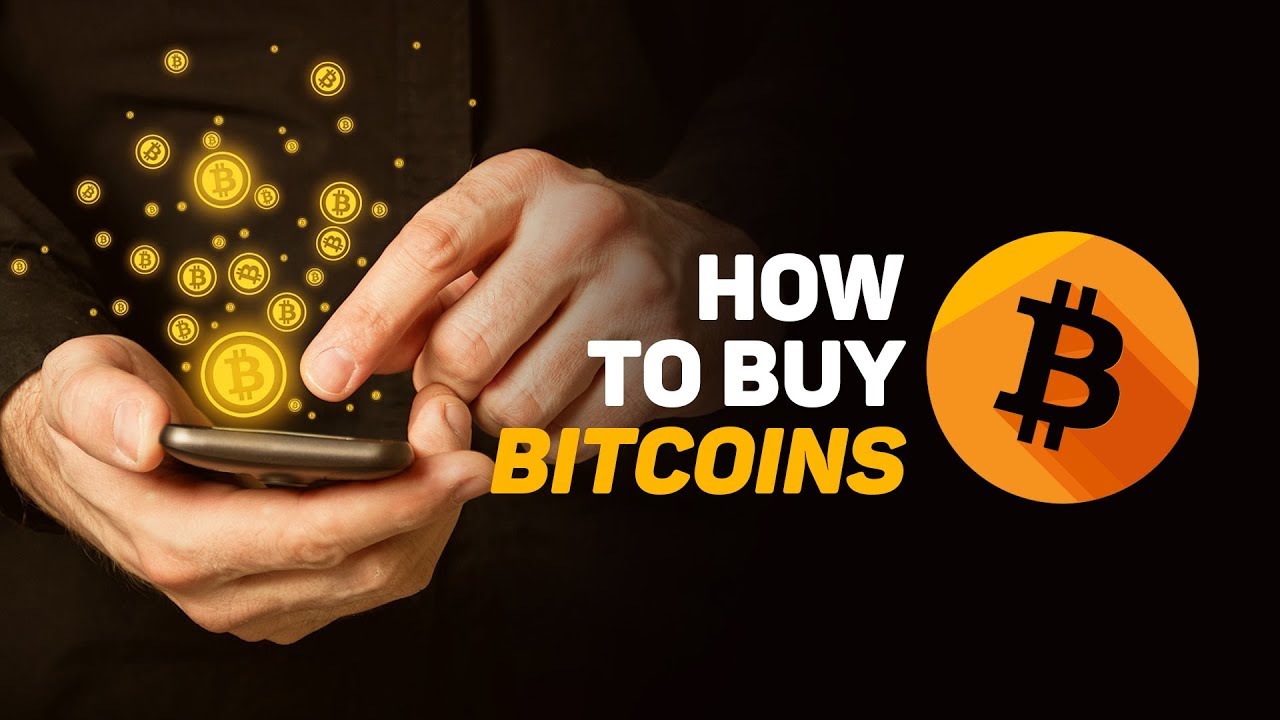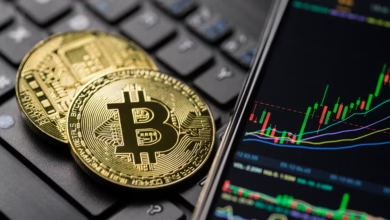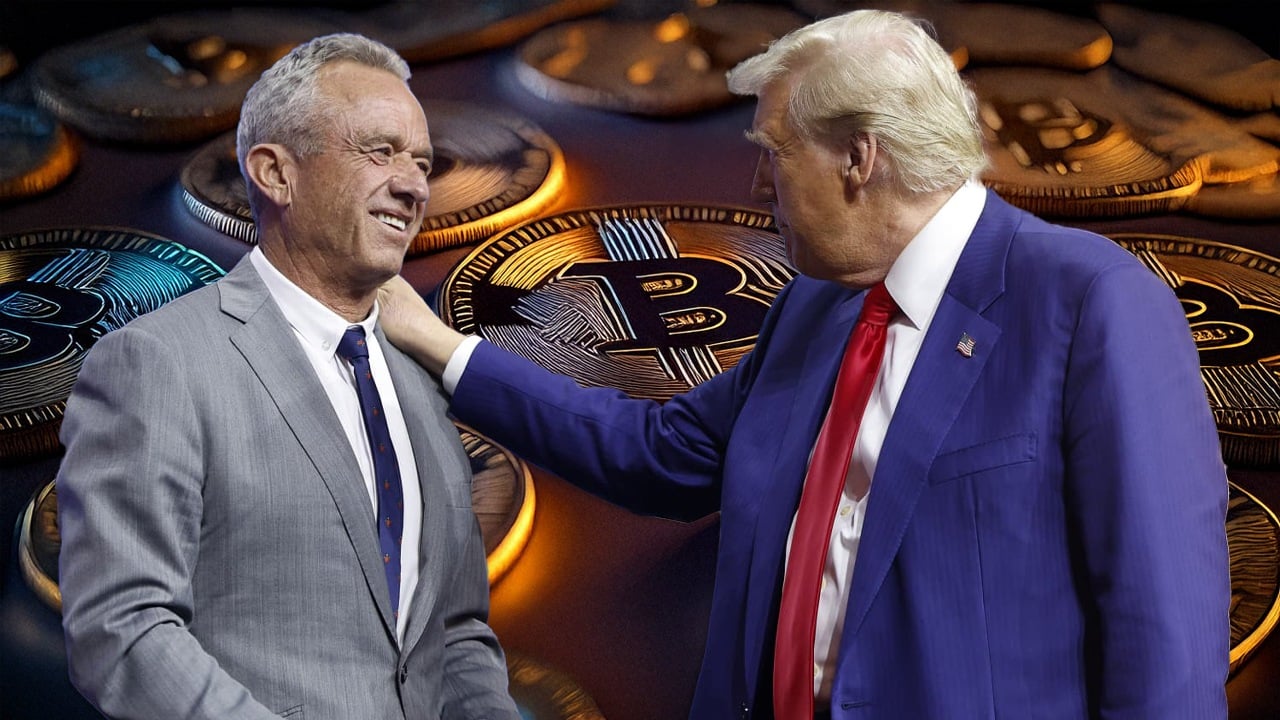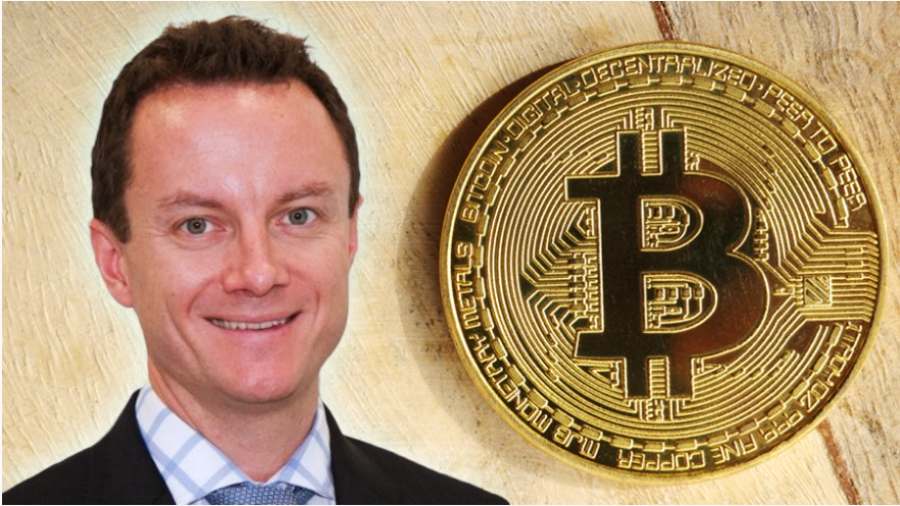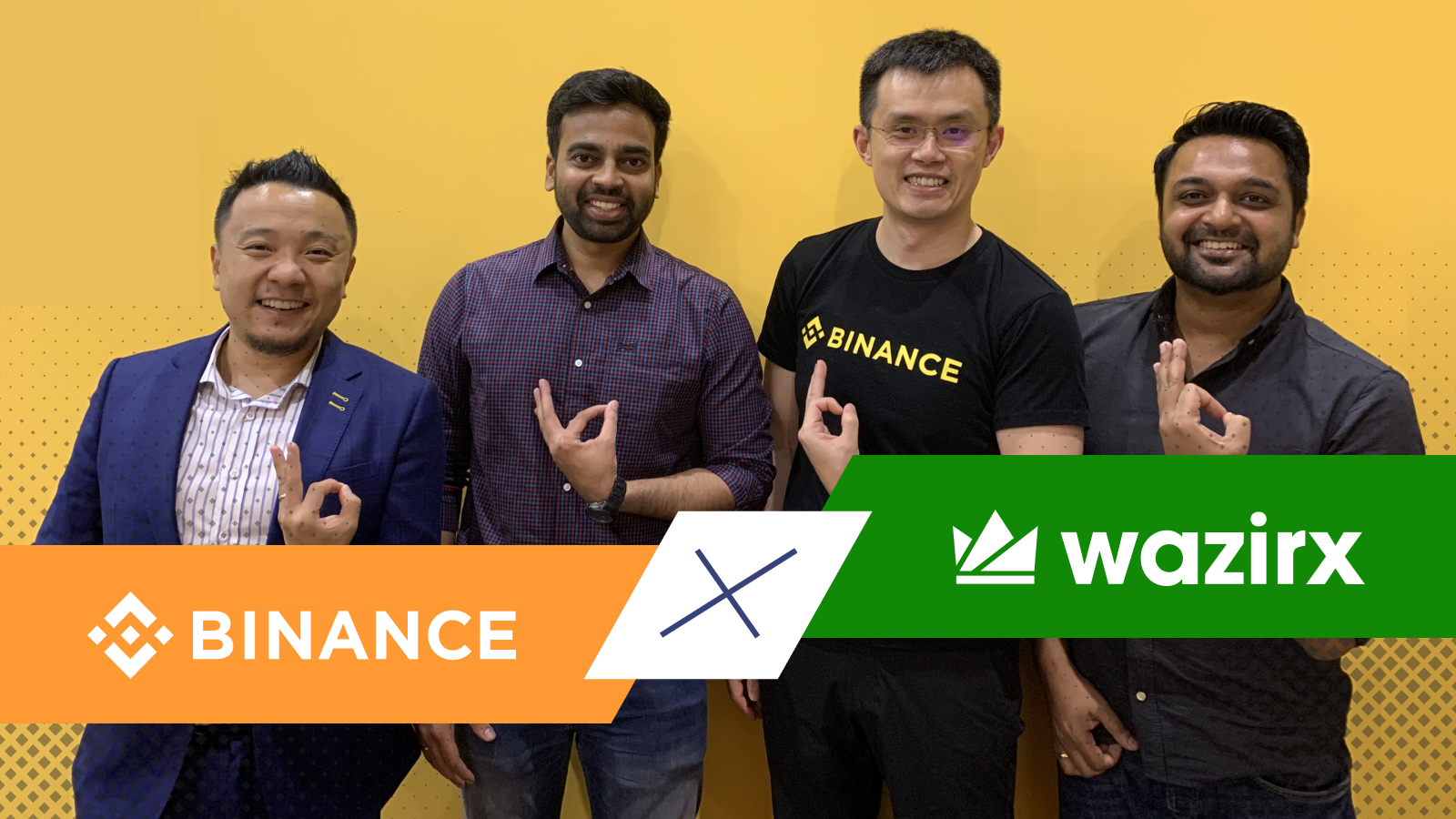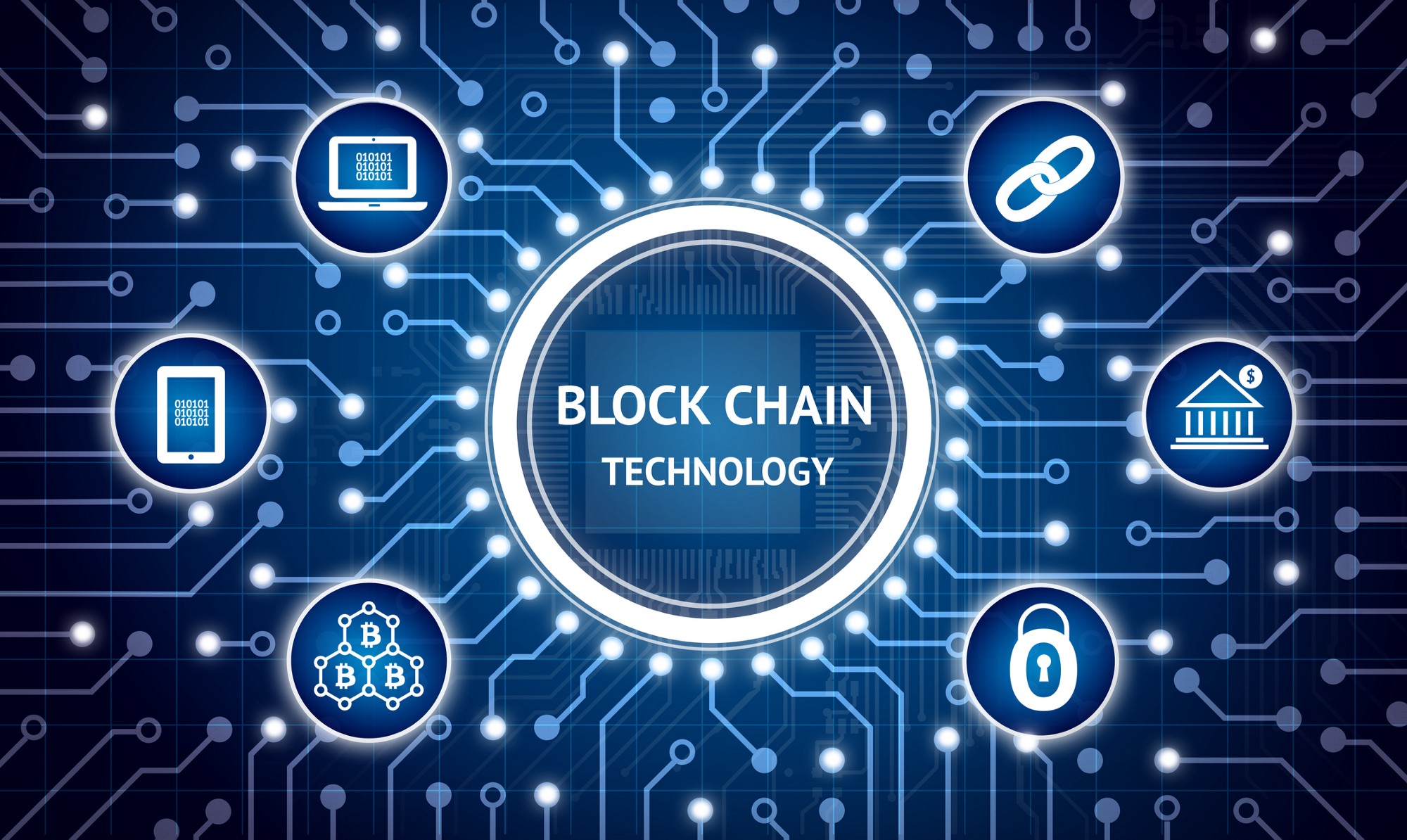
DeMonopol Brings the Real Estate Sector to Blockchain with RWA
Blockchain with RWA: Blockchain technology has disrupted a wide array of industries. Offering innovative solutions that enhance transparency, security, and efficiency. One sector that stands to benefit immensely from blockchain adoption is real estate, Can I Use Bitcoin for Everyday Purchases? traditionally seen as slow-moving and riddled with inefficiencies. Enter DeMonopol, a groundbreaking project that is leveraging blockchain to transform the real estate sector through Real World Assets (RWA). But what exactly does this mean for investors and developers? And property owners? Let’s dive deeper into how DeMonopol plans to reshape the real estate market by utilizing blockchain and RWA.
Understanding RWA (Real World Assets) on Blockchain
To fully appreciate the impact of DeMonopol. It’s important to first understand what Real World Assets (RWA) are and how they can be tokenized on blockchain.
RWA refers to tangible, physical assets like real estate, commodities, or even art. Which traditionally existed in the offline world. Tokenization, the process of converting these physical assets into digital tokens on a blockchain, opens up new possibilities. By tokenizing real estate, properties can be bought and sold. Or traded fractionally, making them more accessible to a broader range of investors.
Blockchain, known for its decentralization and security. Provides the ideal foundation for managing these tokens. With smart contracts, transparency is enhanced. Ownership is easily verified, and transactions become faster and more cost-effective. The immutable nature of blockchain records ensures that all transactions are secure and transparent, reducing fraud and increasing trust within the market.
How DeMonopol is Changing the Game
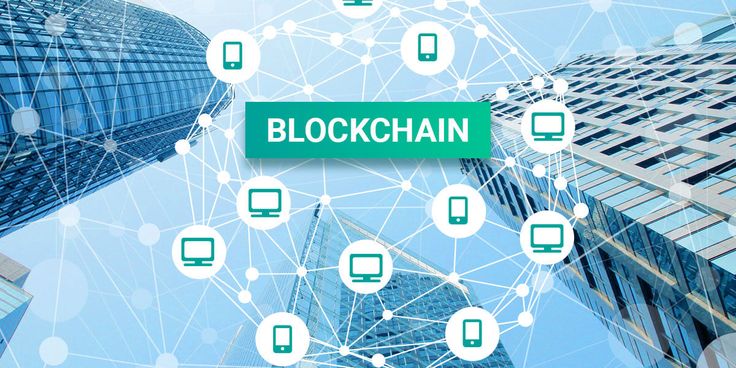
Monopol’s innovative approach focuses on bridging. The gap between the traditional real estate sector and the rapidly evolving world of blockchain technology. By integrating RWA with blockchain, DeMonopol enables the tokenization of real estate assets, allowing fractional ownership and opening up investment opportunities to a broader audience.
Here’s how DeMonopol is revolutionizing the real estate sector:
- Fractional Ownership for Easier Access to Real Estate Investments
One of the biggest barriers to investing in real estate has always been the high entry cost. Traditional real estate investments often require significant capital upfront. However, by tokenizing properties, DeMonopol allows investors to buy fractions of a property rather than the entire asset. This lowers the financial threshold and makes real estate more accessible to everyday investors. - Liquidity in an Illiquid Market
Real estate is often seen as an illiquid asset class, with properties taking months or even years to sell. Tokenization on blockchain solves this problem by providing liquidity. Investors can trade property tokens on secondary markets, offering a level of liquidity rarely seen in traditional real estate investments. This means quicker exits for investors and the potential for faster asset appreciation. - Increased Transparency and Security
One of the greatest advantages of blockchain is its ability to provide a transparent and immutable record of transactions. DeMonopol ensures that every transaction involving tokenized properties is recorded on the blockchain, giving investors full visibility of the ownership history. Additionally, smart contracts can automate many aspects of property transactions, reducing the risk of human error or fraud. - Global Access to Real Estate
Blockchain removes geographical barriers. With DeMonopol’s platform, anyone with internet access can invest in tokenized real estate, regardless of their location. This democratization of real estate investment opens up new opportunities, particularly for investors in emerging markets who may not have had access to global real estate markets before. - Frictionless Transactions
Traditional real estate transactions involve numerous intermediaries, including brokers, lawyers, and banks, all of which add time and costs. Blockchain technology simplifies this process by enabling peer-to-peer transactions via smart contracts, effectively eliminating the need for middlemen and reducing transaction fees. This creates a more efficient and cost-effective process for buyers, sellers, and investors alike.
The Road Ahead for DeMonopol
While DeMonopol’s integration of blockchain and RWA is already a significant step forward for the real estate industry, the potential for growth and innovation is vast. As the platform continues to evolve, DeMonopol has the ability to unlock even more features such as decentralized finance (DeFi) integration, offering property-backed lending and borrowing options, or enabling automatic rental income distribution through smart contracts.
Additionally, as blockchain adoption grows across various sectors, DeMonopol’s role in the real estate market will likely expand. By partnering with developers, governments, and financial institutions, DeMonopol can help create a more interconnected, efficient, and equitable global real estate ecosystem.
Why This Matters
DeMonopol’s blockchain-powered approach is not just a technological innovation—it’s a paradigm shift in how we think about real estate investment. By removing traditional barriers and offering a more inclusive, transparent, and efficient marketplace, DeMonopol is positioning itself at the forefront of the next generation of real estate.
For investors, developers, and property owners, this means new opportunities, greater flexibility, and more efficient ways to engage with the market. For the broader economy, it signals a move toward more decentralized, accessible, and inclusive financial systems.
Conclusion
DeMonopol’s integration of blockchain technology with Real World Assets (RWA) in the real estate sector is a bold and visionary step toward the future of property investment. Through tokenization, fractional ownership, and enhanced security, DeMonopol is set to change the way people invest in real estate, creating new opportunities for a global audience.
As blockchain technology continues to evolve, we can expect to see more projects like DeMonopol pushing the boundaries of what’s possible, transforming industries and creating more inclusive economic systems for the future. Whether you’re a seasoned investor or a newcomer to the market, the real estate sector is now more accessible than ever, thanks to blockchain and DeMonopol’s pioneering work.
[sp_easyaccordion id=”5143″]
